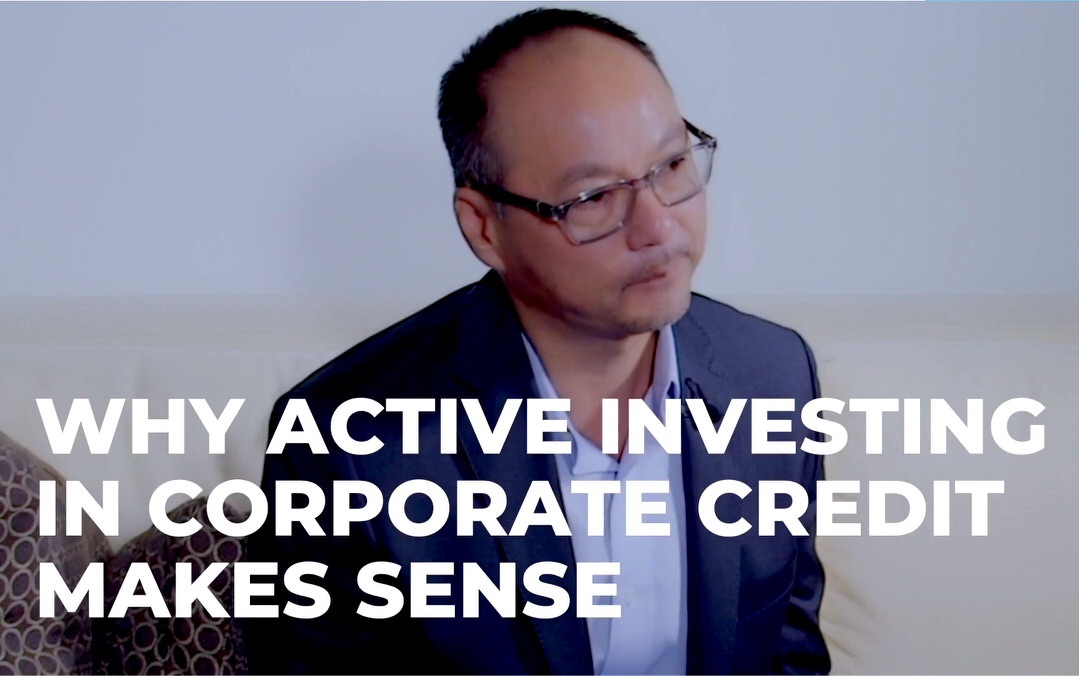Sandy Liang, Portfolio Manager of Purpose Investments' high yield and credit market mandates, spells out the difference between passive and active investing in corporate and high yield credit.
"Fixed income is a fancy word for lending money. Anytime you're in fixed income, it just means that you're lending money out and you expect to get back the coupon, over time, and at the end of the period, you get your principal back. There's government fixed income, and there's corporate fixed income which is mostly what we do," says Liang.
"I think that passive fixed income in the corporate world, lending money to companies, is very, very perverse, and the reason it's perverse, is, when you think about what you do when you lend money, is you're trying to get your money back. To get your money back, you want to make sure there's asset value there, that the company is a good company, that it's a solid credit, but if you're a passive manager, you're basing your lending decision solely on who has borrowed the most money?"
"How does that even make sense?" asks Liang.
The conversation continues.
Sandy has more than 25 years of experience managing credit investments. He spent 17 years on Wall Street, leading fixed income for Cobalt Capital Management, and as a Senior Managing Director at Bear, Stearns & Co., where he was voted to Institutional Investor Magazine’s All-America Fixed Income Research Team for seven consecutive years.













